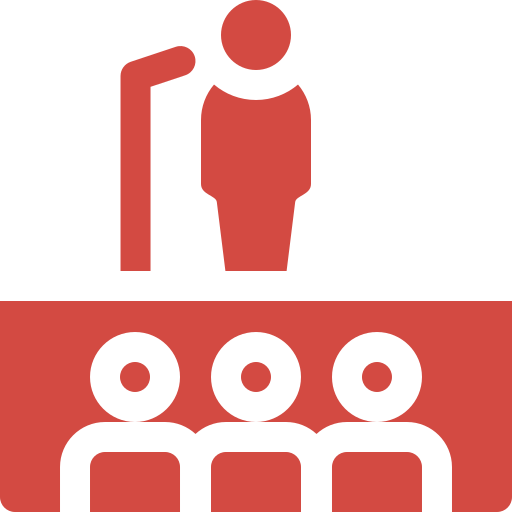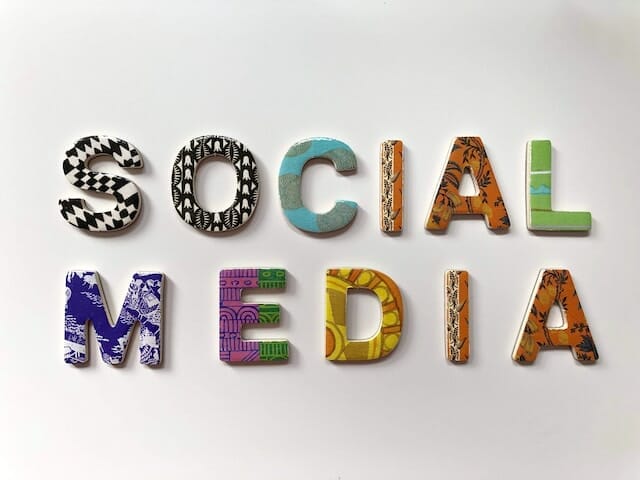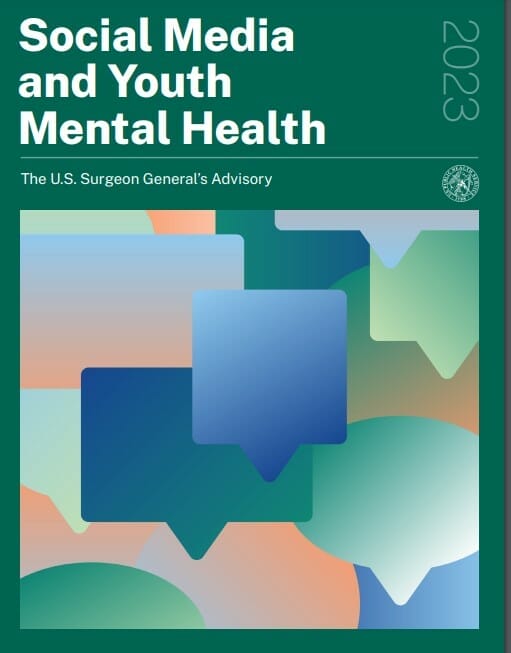
Vivek Murthy, the U.S. Surgeon General, issued a public health advisory, where he warned that social media poses a “profound risk of harm” for children’s mental health and development.
He also said that there is not enough evidence to determine that social media is “sufficiently safe” for our children.
This Advisory calls attention to the growing concerns about the effects of social media on youth mental health. It explores and describes
- the current evidence on the positive and negative impacts of social media on children and adolescents,
- some of the primary areas for mental health and well-being concerns
- opportunities for additional research to help understand the full scope and scale of social media’s impact.
What Parents and Caregivers Can Do
The potential harms of social media should not be placed solely on the shoulders of parents and caregivers, but the advisory has offered steps to help protect and support children and adolescents against the risk of harm
Create a family media plan
An agreed-upon plan can help establish healthy technology boundaries at home – including social media use. A family media plan can promote open family discussion and rules about media use and include topics such as balancing screen/online time and content boundaries.
For information on creating a family media plan CLICK HERE
Create tech-free zones
- Limit the use of phones, tablets, and computers for at least 1 hour before bedtime and through the night.
- Keep family mealtimes and in-person gatherings device-free to build social bonds and engage in a two-way conversation.
- Make unplugged interactions a daily priority.
See the American Academy of Pediatrics (AAP)guidelines for media use HERE
Model responsible social media behavior
Children learn behaviors and habits from what they see around them, so parents and caregivers can model the behavior they want to see. Parents can set a good example of what responsible and healthy social media use looks like by
- limiting their own use,
- being mindful of social media habits (including when and how parents share information or content about their child),
- modeling positive behavior on your social media account.
What Drives Mental Health
Concerns?
Scientific evidence suggests that harmful content exposure as well as excessive
and problematic social media use are primary areas for concern.
Harmful content exposure includes discussing or showing live depictions of self-harm acts that can normalize such behaviors.
These include the formation of suicide pacts and posting of self-harm models for others to follow.
Excessive and problematic use of social media can harm children and adolescents by disrupting important healthy behaviors. Social media is inherently designed for excessive use with
- push notifications
- autoplay
- infinite scroll
- quantifying and displaying
popularity (i.e., ‘likes’)
These are some examples of these features that maximize
engagement. Excessive use has been linked to sleep problems, attention problems,
and feelings of exclusion among adolescents.

BODY IMAGE
Social media may also perpetuate body dissatisfaction, disordered eating
behaviors, social comparison, and low self-esteem, especially among adolescent
girls.
The report stated a study when asked about the impact of social media on their body image,
- (46%) of adolescents aged 13–17 said social media makes them feel worse,
- 40% said it makes them feel neither better nor worse,
and only - 14% said it makes them feel better.

READ THE FULL REPORT
Social Media and Youth Mental Health
FULL REPORT HERE
(or click on image to the right)
NOTE
The information contained in this blog is for educational purposes only and is not designed to replace or take the place of any form of medical or professional advice; and is not meant to replace the need for independent medical, financial, legal or other professional advice or services, as may be required.





























